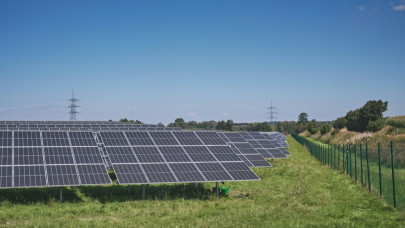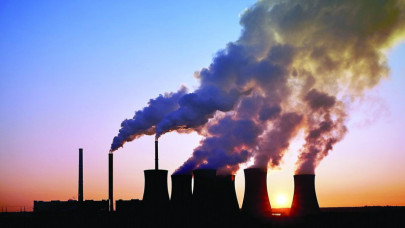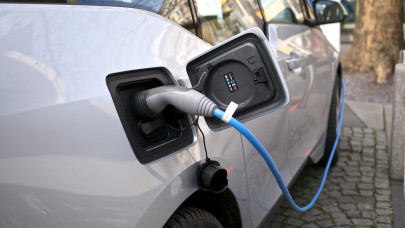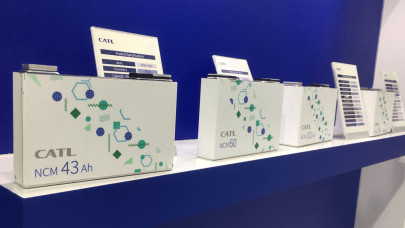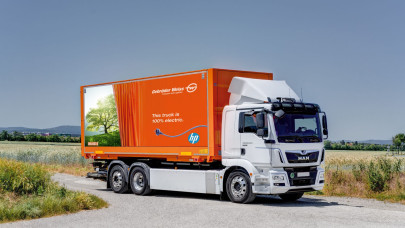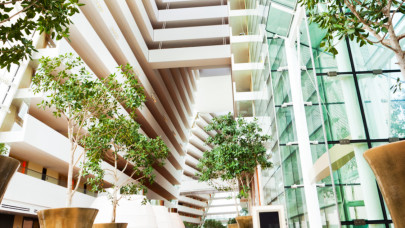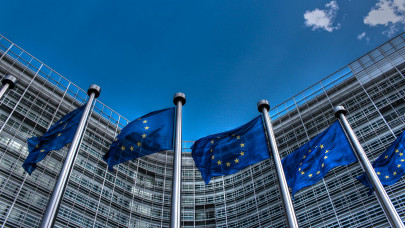Business |
9 April, 2025 at 2:40 PM
Ganz Transformer and Electrical Rotating Machinery Manufacturing Ltd. has completed the construction of a solar power plant and a hybrid energy storage system at its production site in Tápiószele, Hungary.
Energy |
21 March, 2025 at 8:20 AM
Hungary's solar energy production soared to unprecedented level setting a new national record and underscoring the country's accelerating transition toward renewable energy sources.
Energy |
17 March, 2025 at 9:33 PM
Photon Energy has expanded its solar portfolio in Hungary by commissioning three new solar parks operating under a merchant model.
Business |
12 March, 2025 at 8:42 PM
Photon Energy N.V. has signed a contract with Greenvolt Power and part of Greenvolt Group, to provide asset management for the Client's Királyegyháza solar PV power plant.
Industry |
3 February, 2025 at 9:09 AM
Photon Energy N.V. announced that its Hungarian subsidiary Photon Energy Operations HU Kft has signed an asset management agreement for two PV power plants.
Industry |
28 January, 2025 at 9:00 PM
Hungary has risen to the top of Europe's solar energy leaderboard, surpassing Greece, with solar power now contributing an impressive 25% of the country's domestic electricity generation in 2024.
Energy |
27 January, 2025 at 5:41 PM
Axpo has signed its first electricity purchase agreements in Hungary. Together the deals cover approximately 60 megawatts (MW) of green energy under pay-as-produced power purchase agreements (PPAs).
Business |
20 December, 2024 at 7:25 PM
MOL has expanded its renewable energy capabilities by acquiring Naperőmű Farm, a company behind the development of a 66 MW solar power plant in Ballószög, Hungary.
Energy |
10 December, 2024 at 9:00 PM
The Ministry of Energy has announced a significant expansion in Hungary's solar power capacity.
Energy |
22 November, 2024 at 7:11 AM
CATL announced that its battery plant in Debrecen, Hungary, will begin production in 2025 as scheduled.
Energy |
31 October, 2024 at 7:09 AM
Photon Energy's Hungarian subsidiary has completed and commissioned a 658 kW solar power plant for Clarion Hungary, a subsidiary of Forvia.
Energy |
28 August, 2024 at 8:55 PM
MET Group inaugurated its second solar power plant in the Eastern Hungarian town of Kaba.
Environment |
4 January, 2024 at 10:37 AM
Greenhouse gas emissions in Hungary's energy sector are on a downward trend as the share of electricity generated by fossil fuels drops and that of renewables and nuclear power grows.
Mobility |
8 November, 2023 at 10:40 AM
OMV will start building a network of 28 ultra-fast electric car charging stations on the country's high-traffic routes by the end of the year.
Industry |
30 October, 2023 at 5:30 PM
CATL aims to build a comprehensive battery production value chain that meets sustainability criteria in all respects.
Mobility |
3 October, 2023 at 10:15 AM
Gebrüder Weiss is doubling its electric road fleet.
Industry |
20 September, 2023 at 1:05 PM
Munch has prevented over 1 million packages of food from going to waste since its establishment in 2020, Munch Europe Szolgáltató told MTI.
Real estate |
14 September, 2023 at 10:21 AM
Wing has published its second ESG report, providing information about its environmental, social, and governance efforts, as well as its goals, the measures it has taken and the results it has achieved in 2022. The report has been prepared in accordance with the company's first comprehensive ESG strategy, which will be finalised soon.
Industry |
11 September, 2023 at 8:50 AM
LG Magna e-Powertrain, a joint venture between LG Electronics and Magna formed in 2021, announced that it is expanding its footprint with a new facility in Miskolc, Hungary, according to the Budapest Business Journal.
Environment |
31 July, 2023 at 9:30 AM
The European Commission has approved a €2.36 billion (approximately HUF 880 billion) Hungarian scheme for accelerated investments in strategic sectors to foster the transition towards a net-zero economy.


